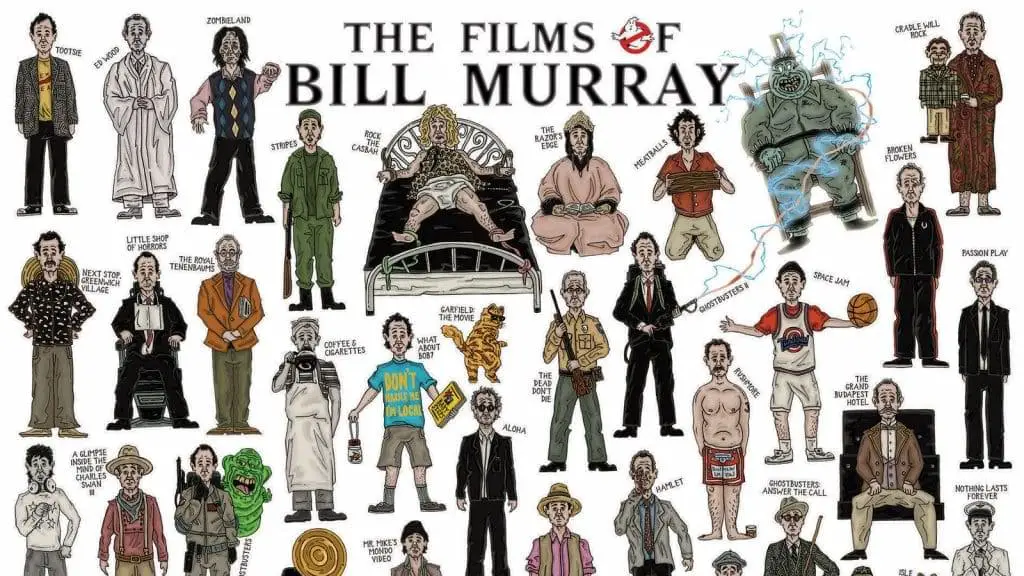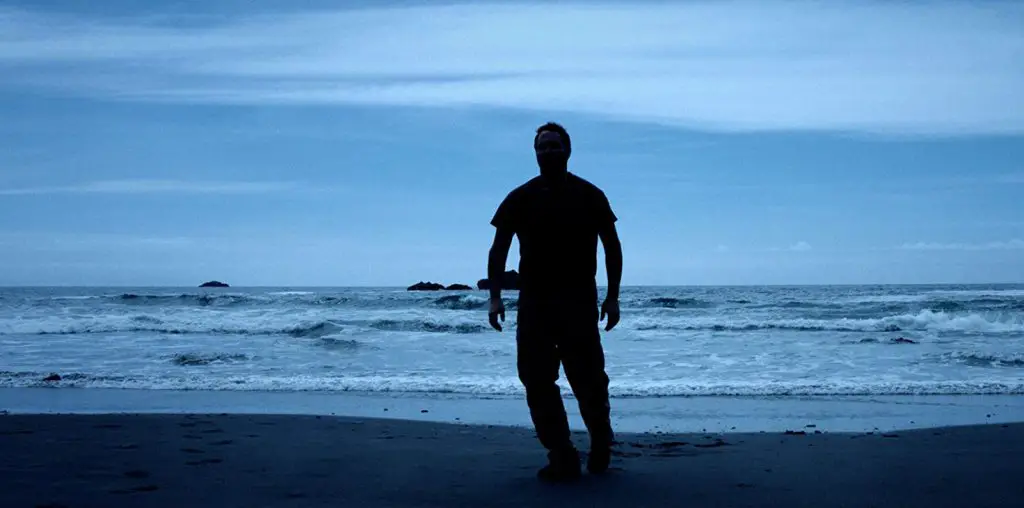
David De Jongh’s documentary examines the tumultuous and often controversial life of Otto Frank, the German-Jewish businessman and father of Anne Frank.
An officer in Germany’s World War I military, Frank was forced to take his family to the Netherlands following the Nazi rise to power. He survived the Holocaust, only to discover that his wife and children perished in the death camps. The recovery of Anne Frank’s diary and its publication – followed by theatrical and cinematic adaptations of the text – helped to give an eloquent and poignant voice to the millions of Holocaust victims.
But Frank’s labors were not without problems – he was accused of severely censoring the diary to soften Anne’s criticism of her family, and he faced charges of plagiarism and fraud (both accusations, although easily dismissed, were still painful to endure). Many family members also questioned how Frank seemingly overlooked the loss of his other child, Margot, while venerating Anne’s legacy, and Frank faced harassing letters from neo-Nazis that taunted him for cashing in on his tragic loss.
The film provides insightful interviews with friends and family members, along with a wealth of rarely seen European television interviews with the multilingual Frank. Ultimately, Frank emerges as a flawed but indefatigable man whose efforts helped post-World War II society acknowledge the horrors of the 20th century’s most heinous crime. This wonderful nonfiction film it is very strongly recommended to anyone who seeks to pursue a greater understanding of an incomprehensible tragedy.

